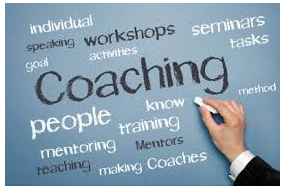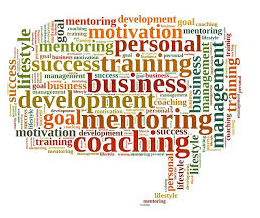Reverse mentoring – when the tables are turned as a result of technology
Reverse mentoring – when the tables are turned as a result of technology
The rapid growth of technology and its resulting impact on business systems, especially in the online arena, play a very important role in coaching and mentoring especially when one is a coach. Often, senior management need to know more about new technology that their younger counterparts can teach them which brings about another facet of the coaching and mentoring process in the form of reverse mentoring whereby the employee becomes the coach.
Reverse mentoring – a growing trend when considering a coach
Reverse mentoring has become such a growing trend that the term has now been adopted under the banner of the coaching and mentoring process.
Where technology is concerned, it is more often the case that those who are younger and new to management, even new hires, are more familiar with online technology than their older middle and senior management counterparts. Indeed, many senior executives feel completely overwhelmed by new technology. They recognise its importance yet they depend on others for advice to make decisions regarding its use, not always the best solution, since many technical individuals are not familiar with the broader picture. Jack Welch, head of GE, faced this problem and solved it using the technique that has now been popularised as ‘reverse mentoring’, that is, instead of senior management mentoring younger staff members, senior executives are coached by younger employees in specific areas. In the case of GE, it was 1000 executives and the topic was technology.
At GE the process required that senior managers, including Jack Welch himself, spend time learning from Internet and technology experts from within the company. This training included basic Internet skills and discussion around important trends and development on the Web. Critical to the programme was the identification of technology savvy employees who could coach and serve as reverse mentors. These individuals may have been young and of low ranking in the organisation yet they needed to have the self-confidence to teach and coach senior executives about technology trends and even insist that senior executives, although occupied with other business issues, keep to scheduled meetings in order to be trained.
The main problem with this initiative was for executives to actually admit that they had a technology problem and might be in need of a coach. For many, it was a difficult yet necessary task to obtain their commitment to ensure that they would take instruction from these younger employees in the role of coach. The overall benefits – saving on costs as senior managers maximised the use of technology and were able to make better decisions.

Want to to learn to be an excellent coach? Click here to enrol on a coaching programme: https://boti.co.za/book-now/


